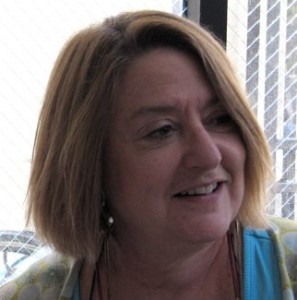Nancy Frishberg, Ph.D.

With a background in modern linguistics, Nancy Frishberg brings knowledge of human language as a component of cognition. This background suggests a number of intriguing contrasts, such as acquisition and learning, tradition and change, culture and innateness, context and novelty. Â Nancy’s language of specialty, American Sign Language (ASL), and investigations into other sign languages, gives insight into alternative ways of processing language, contribution of modalities in expression, and the construction of meaning by individuals, families, and communities.
In about 1985, her career took a change as she moved from academia and quasi-academic consulting into the corporate sector. The skills she developed in posing research questions and designing activities to address the questions, in conducting field work and experimental studies, in evaluating individuals and programs, and in designing instructional activities have served her well in the corporate world. Her LinkedIn profile summarizes her professional life in user experience, applying principles of user-centered design to a variety of products with attention to processes that promote quality.
Frishberg earned the Ph.D. from UCSD in linguistics for her work on historical changes in American Sign Language. She has held research and teaching positions in academia: at NTID (RIT), at Hampshire College, and at NYU‘s Deafness Research and Training Center (which closed in 1980). During several years of consulting on topics related to deafness, sign language teaching, and interpreting, she wrote the book Interpreting:  An Introduction, (1986 and 1990, 2nd edition) published by the Registry of Interpreters for the Deaf (RID). The book is still in print, and forms the basis of the required written examination for certification of sign language interpreters by RID.
Her interests in photography (starting with a Brownie Hawkeye camera), film (starting with her first movie “American in Paris“), and new media grow out of her fascination with representation, the visual, and media. Â Ask her about her yearbook collection.
Hi Nancy,
Today I will be interviewed by a neophyte interpreter as part of her program requirements.
Hard to believe I am now “seasoned” interpreter. It makes me mentally re-trace my beginnings and development in the field and reminds me of YOUR willingness back in the early ’80s in NYC to talk to me about the prospect of becoming an interpreter. As I was reading the VIEWS this morning – there you were again! I had to write. I will always be grateful for your kindness and direction.
I never forgot it…and today I will again pay it forward.